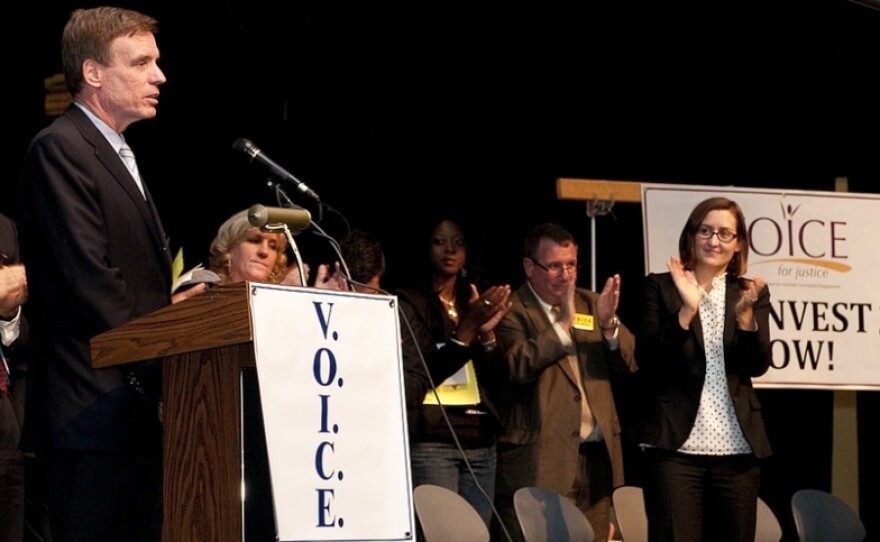President Obama's new plan to help millions of people stay in their homes by refinancing their mortgages at low rates raised hopes of easing the housing crisis.
But federal budget cuts have sharply reduced the number of housing counselors who can help distressed homeowners in the nation's hardest hit communities. Banks that own the properties are slow to pick up the tab.
"We are definitely concerned about counseling capacity," says Lemar Wooley, a spokesman for the Department of Housing and Urban Development.
Nearly a quarter of U.S. residential properties with mortgages are underwater — families owe more to banks than their homes are worth. Under the Obama plan, an estimated 4 million will qualify for reduced interest rates.
Far fewer will actually benefit. "Many people elect not to pursue housing counseling if there isn't a convenient and familiar face-to-face option available," Wooley says.
For fiscal 2012, HUD asked Congress to allocate $88 million for housing counseling. The entire budget for these services was eliminated in 2011.
In Las Vegas, where the president made his announcement, about 30 counselors do foreclosure prevention in a city with 270,000 underwater properties. In Lakeland, Fla., it's one counselor for 59,000.
Manassas, Va., has 6,000 families behind on mortgage payments, and three counselors. Mickey Rhoades is one of them.
"A half-hour into my day and all the peace is gone," she says. She gets 60 calls a week. It takes as long as four hours to process each client's application. "You do the math," Rhoades says.
She's the go-between in failing marriages. In a recent case, JPMorgan Chase modified a loan. The Lemus family made $27,000 in monthly mortgage payments. Still, they got a foreclosure notice in the mail.
Luis Lemus, 19, was surprised. "We pretty much got conflicting information everywhere we went," he says. For months his parents went at it alone. Then they stumbled into Rhoades' office. "She knows the inner workings. She has contacts with the exact people you need to talk to."
Rhoades spent six months getting the bank's modification arm to talk to its customer service arm. "We didn't record the modification on our computer system," says Tom Kelly, a Chase spokesman. The bank is now working with her to fix the homeowners' credit history.
"No client pays me," Rhoades says. Local taxpayers fund her position through the Manassas Department of Community Development.

Before the housing market crashed, banks paid local nonprofit counselors to help families purchase homes. After the crash, the need switched from pre-purchase counseling to foreclosure prevention. But the money hasn't followed. Counselors are losing jobs while the need for their services surges.
"You have to have a ground force," says Frank McMillan of Virginians Organized for Interfaith Community Engagement. "Otherwise these programs don't result in the intended consequences."
In response to federal cuts, McMillan's group is leading a campaign in Northern Virginia to get banks to pick up the tab. JPMorgan Chase doesn't fund any foreclosure prevention services in the Manassas market, Kelly says. In direct response to the campaign, Bank of America has committed $216,000.
"We've given prior grants for this activity," says Ken Wade, a senior community affairs executive at Bank of America. "This is a much more substantial commitment." The funds would pay for three counselors, effectively doubling capacity.
For Northern Virginia, it's welcome relief. For the nation, McMillan says, "it's a drop in the bucket."
Copyright 2022 NPR. To see more, visit https://www.npr.org. 9(MDAzMjM2NDYzMDEyMzc1Njk5NjAxNzY3OQ001))







